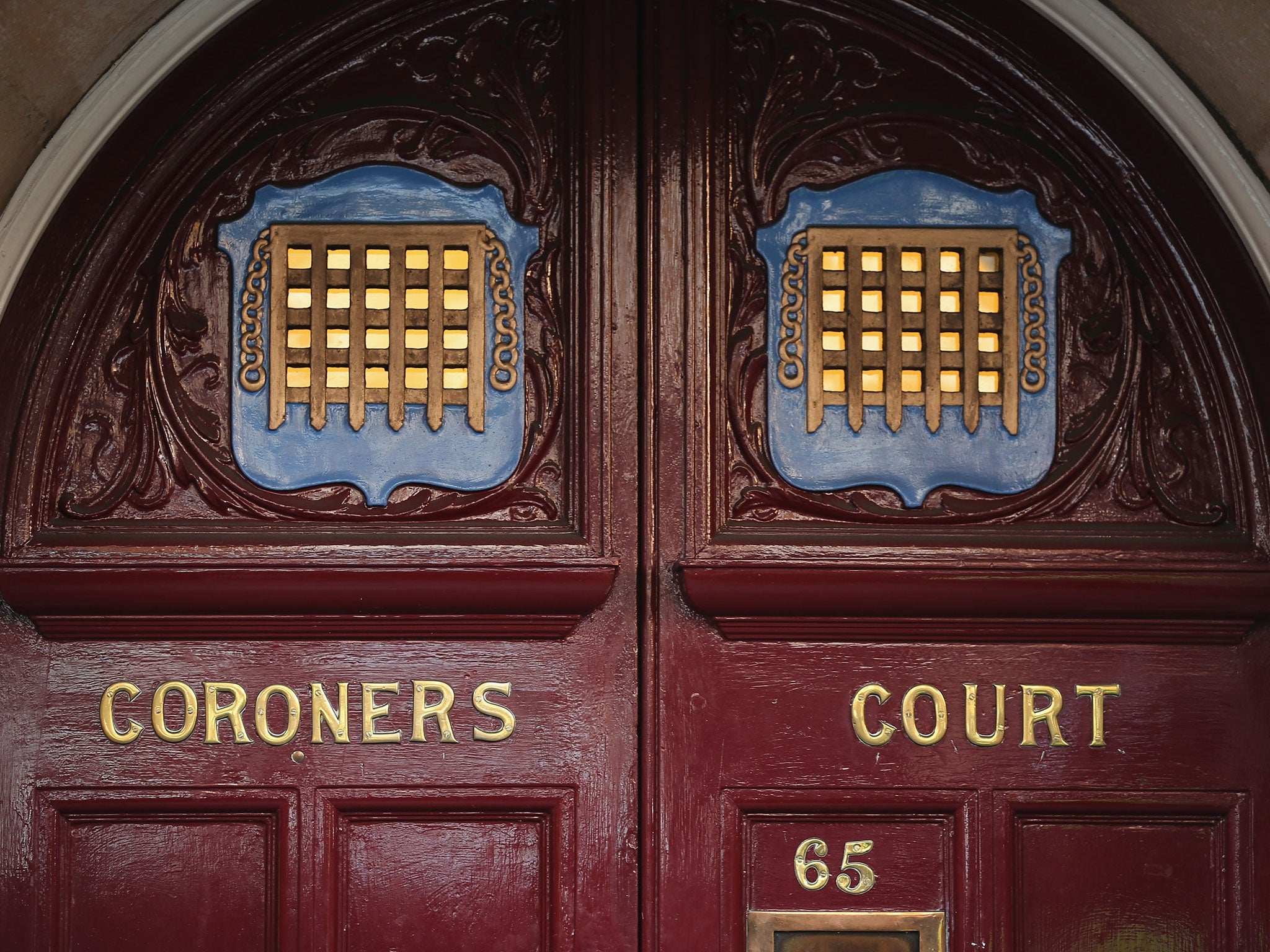Inquest system overhaul comes into force under leadership of first Chief Coroner
Government says investigations into unusual deaths ‘operated in a bubble’ without national guidance

A set of laws designed to radically overhaul the ‘postcode lottery’ for bereaved families has come into force in England and Wales.
Under the new system, all 96 coroners who oversee inquests into the circumstances of unusual deaths will have to work to the same national standards and be required to undertake mandatory training sessions.
The reforms are aimed at “ending the past inconsistencies” where mourning people in some parts of the country had to wait for much longer to find out what had happened to their loved ones, the Ministry of Justice said.
Oversight of the new system will come under the remit of the recently-created role of Chief Coroner of England and Wales.
His Honour Judge Peter Thornton QC, appointed to the position last year by the Lord Chief Justice, will be responsible for ensuring all coroners meet a checklist of new requirements, and for investigating when things go wrong.
Those new minimum levels of service include rules regarding speeding up the release of bodies after post mortem, requiring inquests to be completed within six months, and a series of directions aimed at giving bereaved families fuller and more prompt information.
Justice Minister Helen Grant said: ‘We are making absolutely sure that the needs of bereaved people are put first and foremost – and that this is done consistently around the country.
‘I want to see all coroners delivering the same, efficient service across the board, and we have put these changes in law so people can be assured inquests are being conducted quickly, with adequate care and the right support available for those who lose loved ones.’
Up until now the system of organising inquests, which are required by law whenever there is a violent or unnatural death, a sudden death of unknown cause, or a death which has occurred in prison, has been very localised, with wildly varying results and no sense of national unity.
A spokesperson for the Judicial Communications Office (JCO) said that today’s changes would address what was “a very patchy service with no national oversight”, with Chief Coroner Mr Thornton now able to set targets for inquests, and investigate when they are not met.
While even the most senior and experienced coroners will be required to receive guidance and training at the Judicial College, the JCO said that most welcomed the opportunity to stop “operating in their own sort of bubble”.
Join our commenting forum
Join thought-provoking conversations, follow other Independent readers and see their replies
Comments